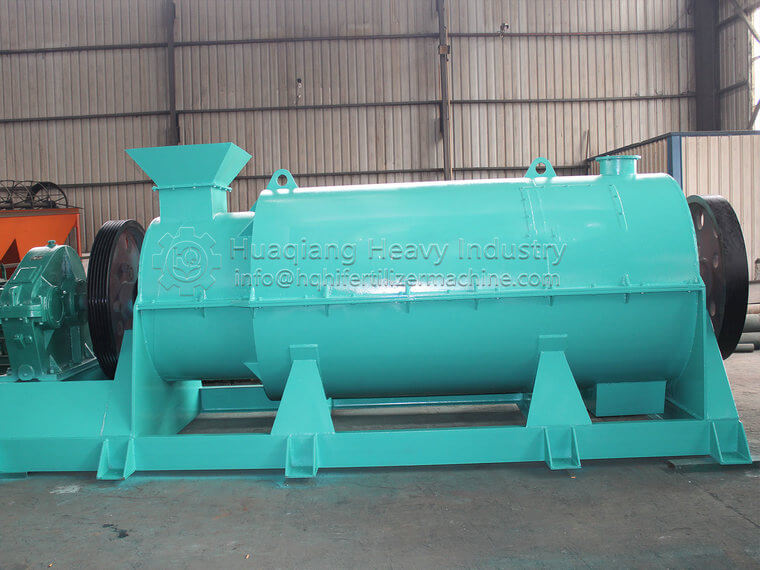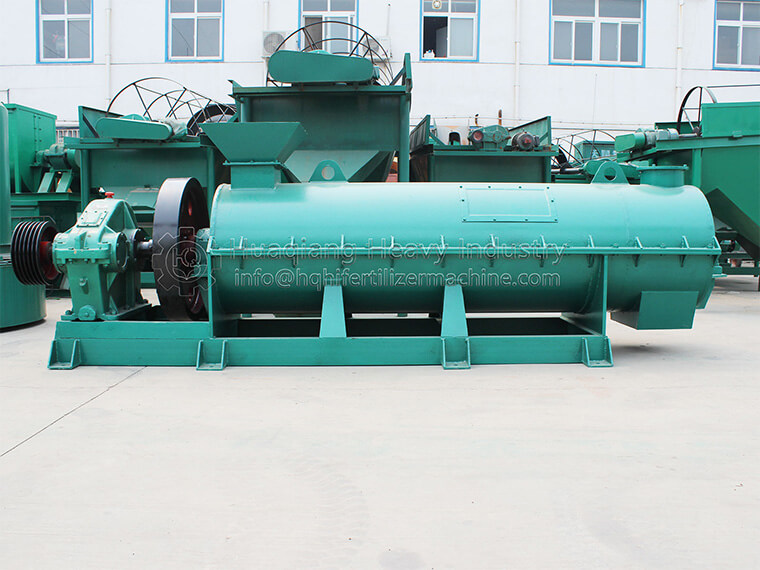Establishing an organic fertilizer processing plant requires a series of equipment and a certain amount of financial investment. The following is an overview of the equipment list and related costs required for a typical organic fertilizer processing plant:
Required equipment: Raw material pretreatment equipment:
Crusher: used to crush raw materials into smaller particle sizes.
Screening machine: used to separate materials with different particle sizes.
Fermentation equipment: fermentation tank or fermentation tank: used for storing and fermenting raw materials. Stacker: used to flip fermentation materials to ensure even fermentation.
Mixing equipment: Mixer: used to mix different components of raw materials evenly.
Granulation equipment: Fertilizer granulator: The mixed material is made into granules, commonly including roller extrusion granulator, disc granulator, etc.
Drying equipment: Drying machine: used to reduce the moisture content in granular fertilizers.
Cooling equipment: Cooling machine: used to reduce the temperature of dried fertilizer.
Screening and grading equipment: Screening machine: used to separate particles of different sizes.
Packaging equipment: Packaging machine: used for weighing and packaging finished fertilizers.
Transportation equipment: belt conveyor, bucket elevator, etc.: used to transport materials between various links in the production line..jpg)
Cost estimation:
Equipment cost: There may be significant differences in cost depending on the size, type, level of automation, and supplier of the equipment. The equipment cost of small processing plants may range from tens of thousands of yuan to millions of yuan.
Civil and factory costs: Depending on geographical location, factory size, and building standards, costs may also vary.
Installation and debugging costs: including the cost of equipment installation, debugging, and initial trial operation.
Operating costs: including raw material procurement, labor, utilities, maintenance and repair, etc.
Environmental costs: Meeting environmental requirements may require additional investment in equipment such as dust collectors and wastewater treatment facilities.
Market and sales costs: including market research, product promotion, and sales network construction.
Working capital: used to meet the cash flow needs during production and sales processes.
Building an organic fertilizer processing plant requires consideration of multiple factors, including land leasing, factory construction, equipment procurement, raw material procurement, and labor costs. Therefore, the specific investment amount for building an organic fertilizer processing plant needs to be analyzed and calculated based on the actual situation.





.jpg)


